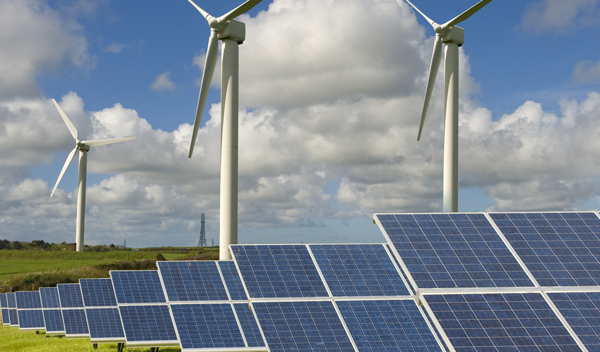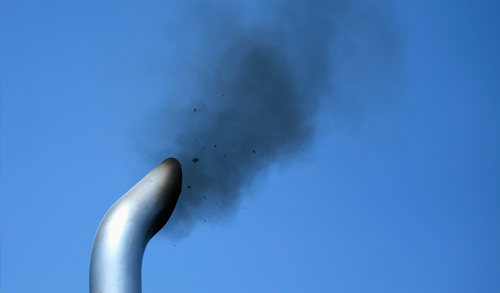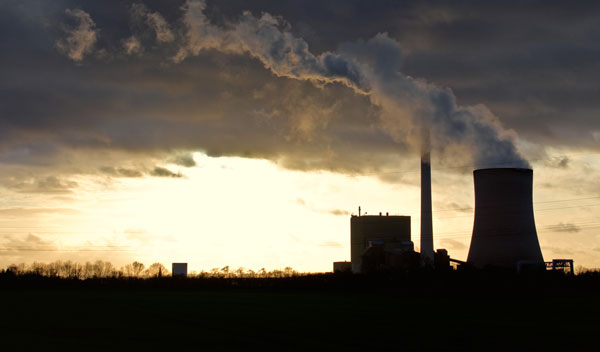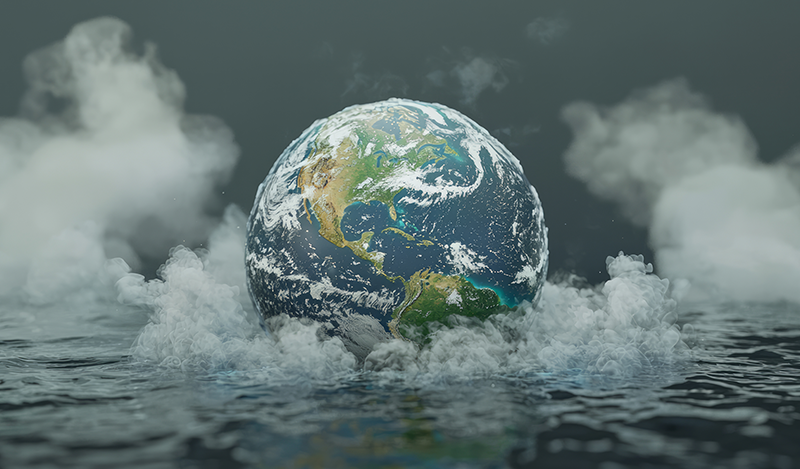Welcome to Our Research Archive
Search and filter by content type, issue area, author, and keyword

July 30, 2025
A Red Team Climate Report
The U.S. Department of Energy (DOE) has released a new assessment of climate science written by five scientists who have long-argued that climate science assessments have overlooked key issues. The report — A Critical Review of Impacts of Greenhouse Gas Emissions on the U.S. Climate — was released yesterday accompanying the Trump Administration’s announcement that it was…

July 28, 2025
The Bad Science and Bad Policy at the Heart of the Climate Movement
Few people are aware of the fact that “climate change” means very different things in science and in policy. That difference exposes the fundamental incoherence of climate policy, highlighted by the recent rediscovery that there is more to increasing global temperatures than just greenhouse gas emissions. Remarkably, the Intergovernmental Panel on Climate Change (IPCC) and…

July 24, 2025
Frisbees and Flatulence
Today, The Washington Post and New York Times have both reported that any day now, the Trump administration will publish a proposed rule that reconsiders the 2009 greenhouse gas “endangerment finding” by the Environmental Protection Agency (EPA). In anticipation of the proposed rule’s release, today I highlight five things that everyone should know about the “endangerment finding” so that…

July 22, 2025
Human Progress versus Climate Evangelism
In the annals of history, the first half of 2025 will be remembered for many things. I’d venture that very few are aware of one of the most momentous achievements in human history occurred in the past six months. In fact, there is an organized effort to keep you from understanding this achievement. Before getting…

July 22, 2025
Five Figures – July 2025
Today I am starting up a new feature here at THB — Five Figures. Every month, I will share five (or so) of the most provocative, interesting, or challenging figures to have recently crossed my desk. Five Figures adds to the features and content available to THB’s paid subscribers — which you can find here. Before making…

July 16, 2025
Breaking the Global Warming Gridlock
Twenty-five years ago this month, Dan Sarewitz and I published a widely read and discussed article in The Atlantic Monthly titled, Breaking the Global Warming Gridlock (unpaywalled version here). Today I quote extensively from it and share both my and Dan’s perspectives on it from 2025. We invite your views as well. We began the essay with — what else…

July 14, 2025
Precipitation Paradox?
There is a cynical trick being played by some climate activists to promote misinformation and undercut the assessments of the Intergovermental Panel on Climate Change (IPCC) as they lobby for changes in energy policy. The trick goes like this: At the core of this line of reasoning is the exploitation of an apparent paradox: How…
July 10, 2025
The Science vs. the Narrative vs. the Voters: Clarifying the Public Debate Around Energy and Climate
Key Points Read the full report here. Download the crosstabs and topline here.

July 10, 2025
What Americans Really Think About Energy and Climate
Right before the 2024 election, my AEI colleague Ruy Teixeira and I engaged YouGov to conduct a survey of how Americans view various topics of energy and climate. Today at AEI, the full survey and our summary report is published, including the survey’s toplines and crosstabs (all are directly linked from the bottom of this post). Here are…

July 8, 2025
The Texas Flash Floods
“This is the most dangerous river valley in the United States. . . We do not have a warning system.” — Judge Rob Kelly, Kerr County, Texas, 4 July 2025 As I write this, the death toll in the Texas flash floods now exceeds 70, with 12 people still missing, including 11 girls and one camp counselor….